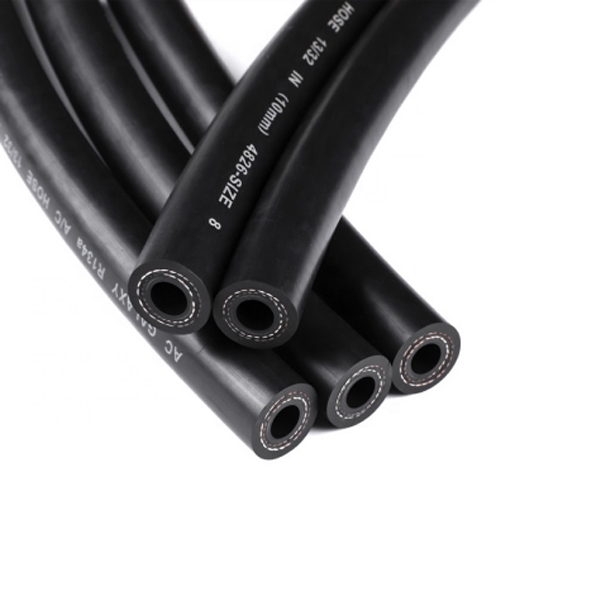back brake line
Nov . 22, 2024 03:31 Back to list
back brake line
The Importance of Back Brake Lines in Automotive Safety
When it comes to vehicle safety, one of the most crucial systems to consider is the braking system. Within this system, the back brake lines play a vital role, ensuring that your vehicle stops effectively and safely when you need it to. In this article, we will delve into the significance of back brake lines, their functioning, and the maintenance required to keep them in optimal condition.
Back brake lines are part of the hydraulic brake system, which is fundamental in controlling your vehicle's speed and stopping power. These lines transport brake fluid from the master cylinder to the brake calipers at the rear wheels. When you press the brake pedal, the master cylinder generates pressure that travels through these lines, pushing brake fluid into the calipers. This fluid acts on the pistons within the calipers, which in turn applies pressure to the brake pads against the rotors, ultimately slowing down or stopping the vehicle.
The integrity of the back brake lines is crucial for safe driving. Any damage or leak in these lines can lead to a drop in brake fluid pressure, resulting in decreased braking performance. This can create dangerous situations, particularly during emergency stops. Common issues that affect brake lines include corrosion, wear and tear, and physical damage from road debris or accidents. Regular inspections are essential to identify potential problems early and ensure the braking system operates efficiently.
back brake line

Maintenance of back brake lines is often overlooked but is integral to vehicle safety. It is recommended that drivers routinely check their brake lines for signs of wear, such as discoloration, swelling, or leaking fluid. In addition, the brake fluid itself should be replaced periodically, as old fluid can absorb moisture, leading to reduced boiling points and, ultimately, brake failure. A qualified mechanic should perform these checks, as they possess the expertise to diagnose issues and recommend appropriate repairs.
Drivers should also be aware of the symptoms that indicate potential problems with back brake lines. These include a spongy or soft brake pedal, a longer distance required to stop the vehicle, or unusual noises when braking, such as grinding or squeaking sounds. If any of these symptoms arise, it is critical to have the brake system inspected immediately to avoid serious accidents.
In conclusion, back brake lines are a fundamental component of your vehicle's braking system and play a vital role in ensuring safety on the road. Proper maintenance and regular inspections can help prevent potential issues, ensuring that your braking system functions effectively. As a driver, being proactive about the health of your vehicle's brakes not only enhances your safety but also the safety of others on the road. Remember, when it comes to vehicle maintenance, neglecting the small things can lead to significant consequences. Take care of your back brake lines, and they will take care of you.
